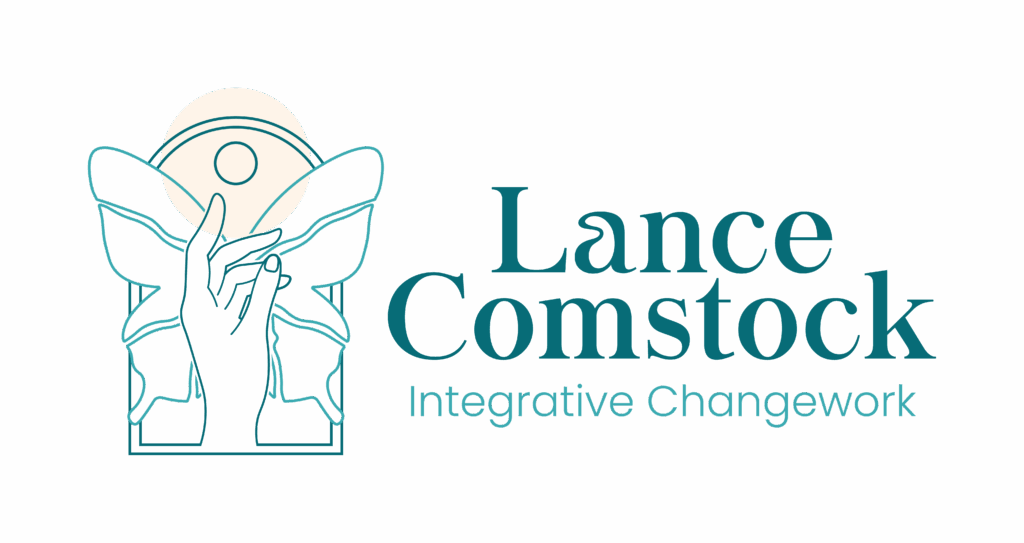Do you ever step onto the mat and wonder if people can sense your self-doubt?
Maybe you’re leading a class—guiding breath, moving bodies, holding space—but inside, you feel like you’re barely holding it together. Like at any moment, someone will realize you don’t belong there.
If you’ve ever felt like a fraud as a yoga teacher, you’re not alone. That heavy, quiet feeling has a name: imposter syndrome. And for so many yoga teachers, it quietly follows them into every class.
Maybe you’ve felt it too:
- Struggling to find your authentic voice.
- Second guessing every word, every cue, every choice.
- Shrinking inward when faced with feedback—even when it’s meant to help.
- Living with the fear that one day, you’ll be exposed as not good enough to lead the room.
Let’s talk about it honestly and gently. You are not broken, and you are never alone.
What Imposter Syndrome Really Feels Like (For Yoga Teachers)
Imposter syndrome is that sinking feeling whispering, “I’m not qualified.” It’s the quiet voice asking, “Who do you think you are?” the moment a compliment or new opportunity comes your way.
It sounds like:
- “I’m not as skilled as that teacher down the hall.”
- “That class went well… but it was just luck.”
- “Any minute now, they’re going to realize I don’t know what I’m doing.”
The irony is that the more skilled and passionate you are about helping others move and heal through yoga, the louder this voice can become. Especially if you teach from the heart and care deeply.
If you’ve ever dismissed a compliment, overthought every class, or felt a punch to the gut from even gentle corrective feedback, imposter syndrome might be running the show.
But it doesn’t have to.
Why Yoga Teachers Are Especially Vulnerable to Feeling Like Frauds
Teaching yoga asks you to be vulnerable. You use your voice, your body, your energy to hold space—something sacred and deeply personal.
When your role asks for presence and leadership, it’s easy to believe you must be perfect to deserve it.
Maybe you compare yourself to those Instagram-perfect instructors with flawless flows and packed classes.
Maybe a mentor or senior teacher once gave you harsh feedback that stuck like glue.
Maybe your path to teaching wasn’t traditional, so you feel like you have to work twice as hard to prove you belong.
Whatever the reason, imposter syndrome convinces you the bar is always just out of reach. When the pressure to be perfect meets the fear of not being enough, it creates a perfect storm.
What Actually Helps
Here’s what helps, time and again—not just theory, but real shifts from lived experience and guiding my clients through this with RTT:
1. Let praise in. Really let it land.
When someone thanks you after class or compliments your presence, don’t brush it off. Pause. Say “thank you.” Let that kindness sink in.
The part of you that wants to dismiss praise is still scared of being seen. Letting praise in gently retrains your nervous system to receive.
2. Speak to yourself as you would to your students.
You wouldn’t tell a student they aren’t good enough to be on the mat. So why say that to yourself?
Encourage yourself with the same warmth you offer others:
“I’m allowed to grow and still be good.”
“My voice matters.”
“I’m showing up with heart, and that’s enough.”
3. Remember, connection—not perfection—is the goal.
Your students don’t need the perfect flow or the fanciest cue. They need the grounded, human version of you. The one who breathes with them. The one who creates space for them to feel.
Flawed doesn’t mean fake. Flawed means real.
4. Make self-praise a daily ritual.
Not to inflate ego, but to remind yourself of your worth. At the end of each class, reflect on one thing you did well and say it out loud if possible.
“I held space today.”
“I adapted when I needed to.”
“I showed up even though I was nervous.”
Repetition rewires your nervous system to trust these new truths.
5. Redefine what feedback means.
Feedback can feel threatening when you tie your identity to being “the perfect teacher.” But feedback isn’t proof of failure—it’s a tool for growth.
Separate feedback from your self-worth. Let it shape your craft without breaking your confidence.
6. Dismantle the lie: “I’m not enough.”
This belief didn’t start with you. Somewhere—through childhood, training, comparison—you picked it up.
But it’s just something you picked up, which means you can also set it down.
Repeat often:
“I am enough. I’ve always been enough. I will always be enough.”
You Belong Here
Teaching yoga is sacred work. It asks a lot and gives back in its own way.
You are not a fraud. You are a guide.
You are not an imposter. You are in process.
You are not broken. You are brave.
So breathe deep.
Step into the next class.
And remember: you’re not here because you’re perfect. You’re here because you care.
And that… is more than enough
Sometimes what we call “imposter syndrome” isn’t just nerves before class—it’s the echo of old stories and unspoken fears that settled deep inside, long before you ever stepped onto the mat to teach.
That’s why true confidence doesn’t come from pushing harder or memorizing every cue. It comes from shifting those patterns at their roots. Rapid Transformational Therapy (RTT) goes to that deeper layer, helping you uncover where those stories began and gently rewrite them so that confidence doesn’t feel forced—it rises naturally, like breath.
If you’re tired of carrying that quiet weight into every class and you’re ready to feel steady, grounded, and free to share your voice, this is the work I’d love to guide you through. Send me a message and let’s explore if RTT is the next step for you.



